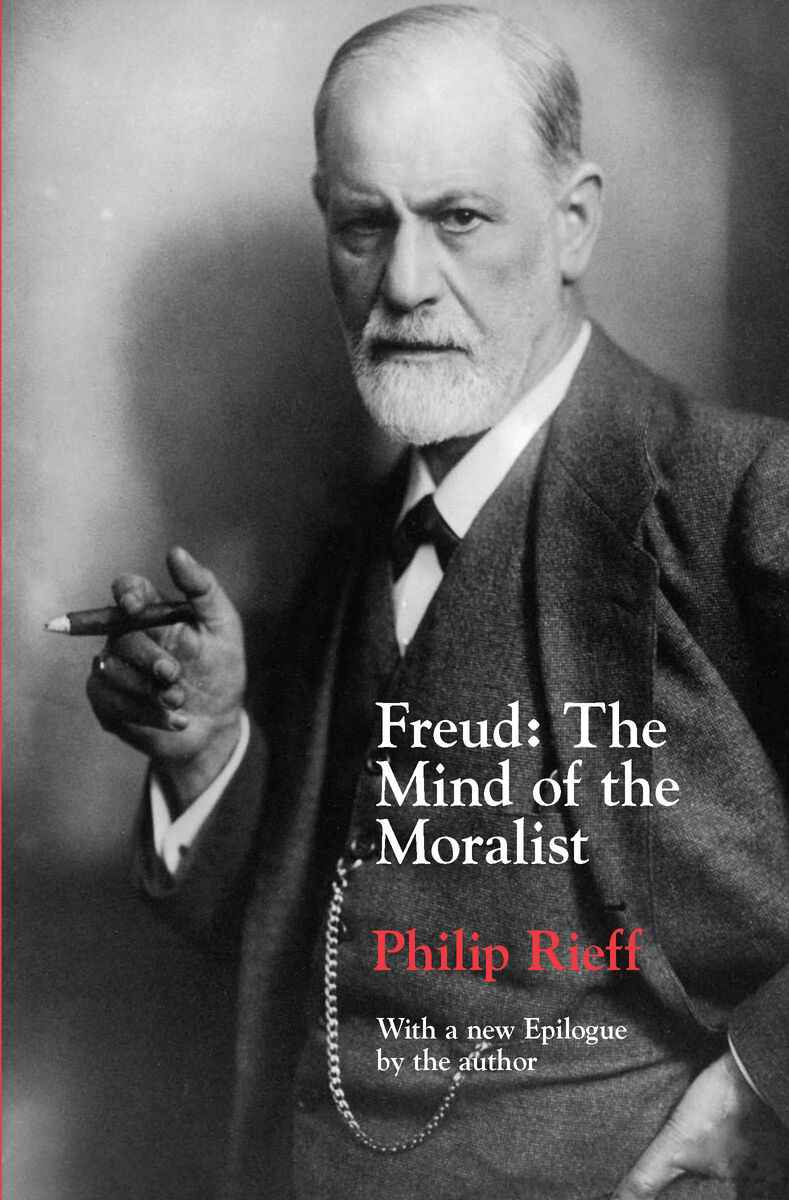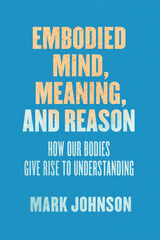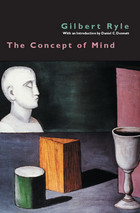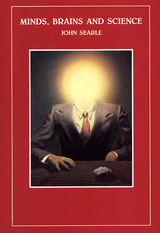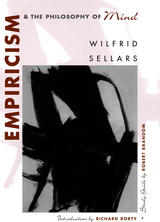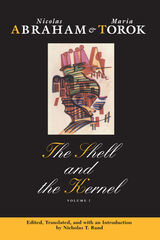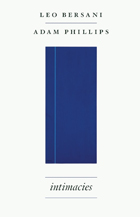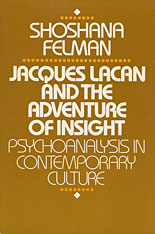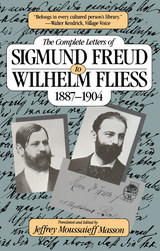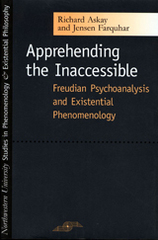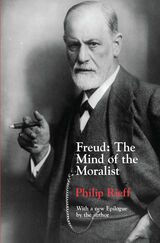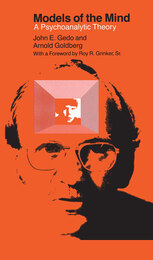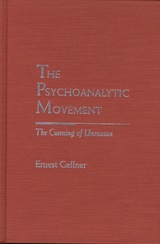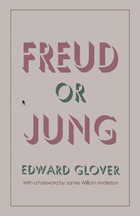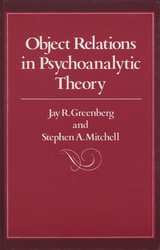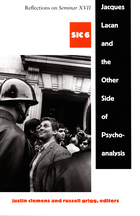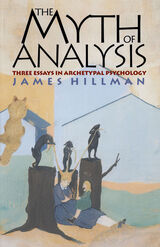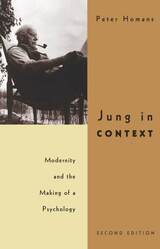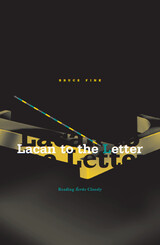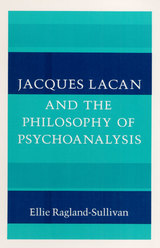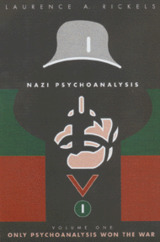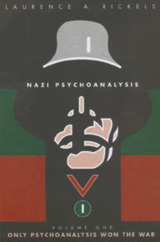Freud: The Mind of the Moralist
University of Chicago Press, 1979
Paper: 978-0-226-71639-8 | Cloth: 978-0-226-71640-4
Library of Congress Classification BF173.F85R48 1979
Dewey Decimal Classification 150.1952
Paper: 978-0-226-71639-8 | Cloth: 978-0-226-71640-4
Library of Congress Classification BF173.F85R48 1979
Dewey Decimal Classification 150.1952
ABOUT THIS BOOK | AUTHOR BIOGRAPHY | TOC | REQUEST ACCESSIBLE FILE
ABOUT THIS BOOK
Now a classic, this book was hailed upon its original publication in 1959 as "An event to be acclaimed . . . a book of genuine brilliance on Freud's cultural importance . . . a permanently valuable contribution to the human sciences."—Alastair MacIntyre, Manchester Guardian
"This remarkably subtle and substantial book, with its nicely ordered sequences of skilled dissections and refined appraisals, is one of those rare products of profound analytic thought. . . . The author weighs each major article of the psychoanalytic canon in the scales of his sensitive understanding, then gives a superbly balanced judgement."—Henry A. Murray, American Sociological Review
"Rieff's tremendous scholarship and rich reflections fill his pages with memorable treasures."—Robert W. White, Scientific American
"Philip Rieff's book is a brilliant and beautifully reasoned example of what Freud's influence has really been: an increasing intellectual vigilance about human nature. . . . What the analyst does for the patient—present the terms for his new choices as a human being—Mr. Rieff does in respect to the cultural significance of Freudianism. His style has the same closeness, the same undertone of hypertense alertness. Again and again he makes brilliant points."—Alfred Kazin, The Reporter
"This remarkably subtle and substantial book, with its nicely ordered sequences of skilled dissections and refined appraisals, is one of those rare products of profound analytic thought. . . . The author weighs each major article of the psychoanalytic canon in the scales of his sensitive understanding, then gives a superbly balanced judgement."—Henry A. Murray, American Sociological Review
"Rieff's tremendous scholarship and rich reflections fill his pages with memorable treasures."—Robert W. White, Scientific American
"Philip Rieff's book is a brilliant and beautifully reasoned example of what Freud's influence has really been: an increasing intellectual vigilance about human nature. . . . What the analyst does for the patient—present the terms for his new choices as a human being—Mr. Rieff does in respect to the cultural significance of Freudianism. His style has the same closeness, the same undertone of hypertense alertness. Again and again he makes brilliant points."—Alfred Kazin, The Reporter
See other books on: 1856-1939 | Freud | Freud, Sigmund | Mind | Rieff, Philip
See other titles from University of Chicago Press
